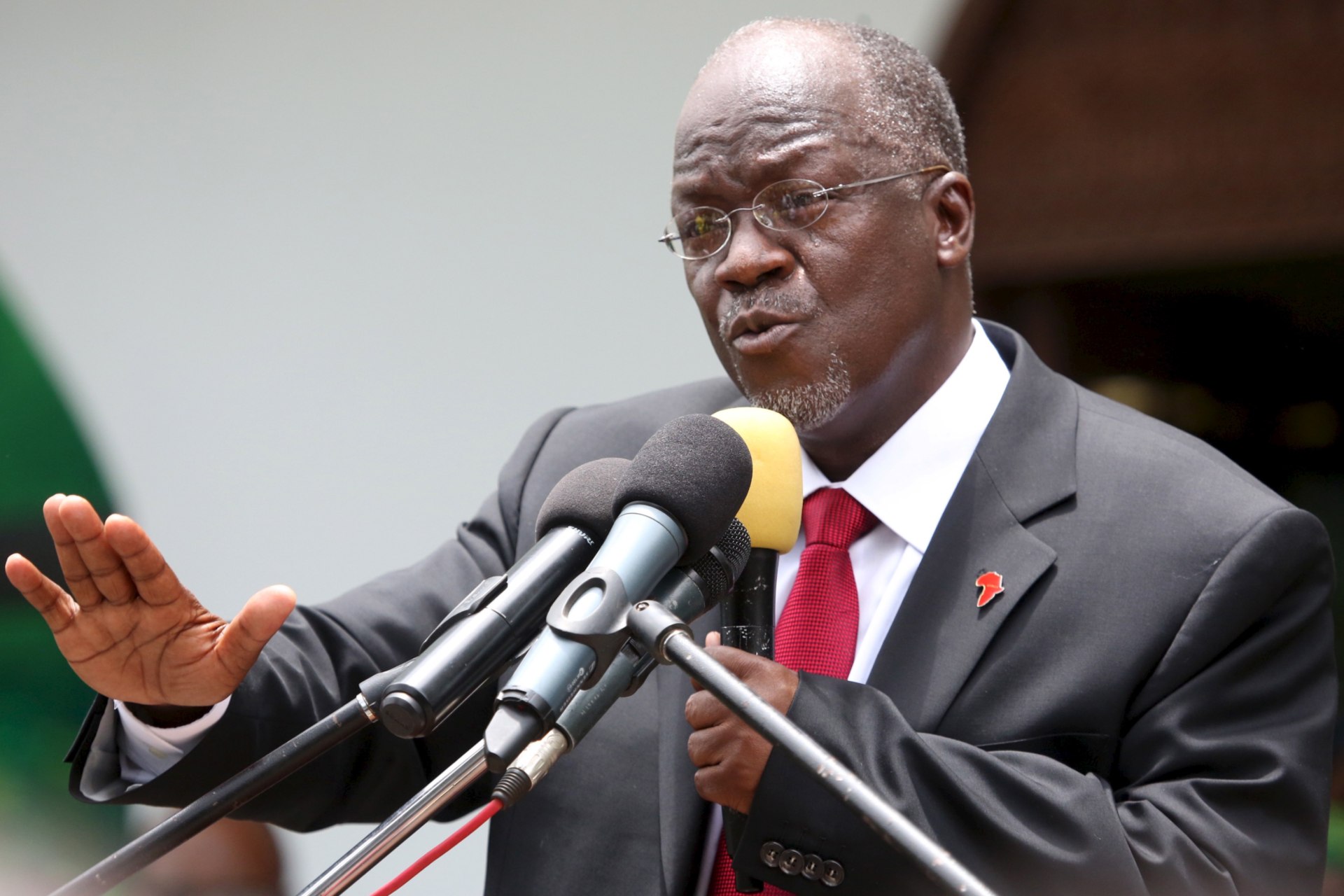Troubling Trends Threaten What Little Trust Remains in Tanzania’s Democracy

By experts and staff
- Published
Experts
![]() By Michelle GavinRalph Bunche Senior Fellow for Africa Policy Studies
By Michelle GavinRalph Bunche Senior Fellow for Africa Policy Studies
As experts sound the alarm about rising COVID-19 cases in Africa, Tanzania’s President John Magufuli has a very different message. In Magufuli’s telling, Tanzania is free from the virus and tourists should feel confident about visiting the country. To ensure that the public will take his word for it, official data on the number of positive cases has not been released since the end of April, part of a pattern of hiding, or tightly controlling information that in most countries can be accessed and interrogated without incident. Since his election in 2015 on an anti-corruption platform, Magufuli’s penchant for eliminating or suppressing discordant narratives has proven toxic to his country’s democracy.
Brave Tanzanians continue finding ways to speak out about the shrinking space for discourse and dissent in their country. Outsiders, including UN human rights experts, have spoken out about the persecution of journalists, civil society leaders, and opposition politicians. They note that the government’s “crackdown has escalated in recent weeks, with reports that an opposition leader was attacked by unidentified assailants, the arrests of eight opposition members for alleged unlawful assembly, the suspension of a newspaper’s license, and a police raid on training organized by the Tanzanian Human Rights Defenders Coalition.” But neighboring states are largely silent about the country’s increasingly authoritarian direction.
In this climate, it’s difficult to be optimistic about the upcoming October elections. The legal context in which opposition parties operate has changed, limiting their capacity to mobilize voters, and major civil society organizations have been disqualified from observing the polling. In Zanzibar, where citizens’ civil and political rights have been denied multiple times in the context of elections, the voter registration system has only added to citizens‘ mistrust of the process. The stage increasingly looks to be set for an election that serves the interests of the current leader, but erodes popular trust in democracy itself.
